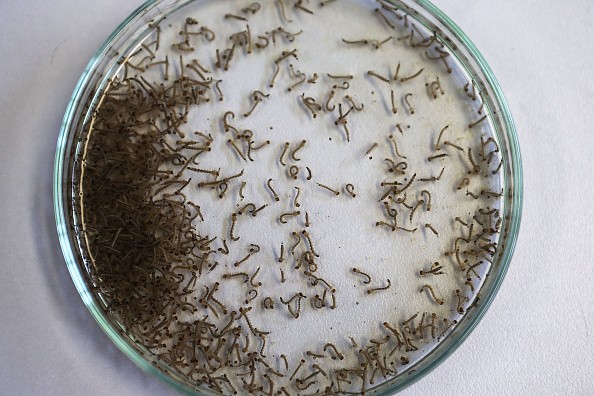Chemical biologist Chen Peng, known for his works in protein research, recently bagged the prestigious Tan Kah Kee Young Scientist Award, China Daily reported.
The recognition, which is given every two years in China, is only awarded to one scientist below age 40. The individual may come from various scientific fields, including physics, chemistry, earth science and mathematics.
Chen serves as the principal investigator of Peking University-Tsinghua University's Center for Life Sciences.
The 37-year-old scientist, whose lab focuses on protein chemistry and engineering, is also a Ph.D. supervisor at Peking University's College of Chemistry and Molecular Engineering.
"The lab aims to explore and apply protein-based platform technologies to study life sciences," the article said.
Majority of his research projects involve host-pathogen interface and among the most popular is his work on "how pathogens employ a wide array of protein effectors to subvert host defense and establish infection."
According to Chen, his research can be helpful in developing new medicines against cancer and other infectious diseases.
Asked about his work as a scientist, he said: "I love what I'm doing."
Chen, who hails from Lanzhou, the capital of the northwestern province of Gansu, recounted that since he was a kid, he has always been fascinated by chemistry.
This passion has served as his ultimate stepping stone in winning a top prize at a science contest, paving the way for his enrollment in Peking University in 1998 even without having to take the college entrance test.
Chen's skills were further honed under the guidance of Chinese-American chemical biologist He Chuan of the University of Chicago.
Back in 2007, Chen earned his doctorate degree in chemistry and was awarded the university's Elizabeth R. Norton Prize for excellence in research in chemistry.
It was in 2008 when he accepted the offer from Peking University to establish a well-equipped chemical biology laboratory.
Apart from Tan Kah Kee Young Scientist Award, he has previously received many accolades including the Chem Soc Rev Emerging Investigator Lectureship tilt, which is annually given by the Chemical Society Reviews' international editorial board. The journal is under Britain's Royal Society of Chemistry.



























